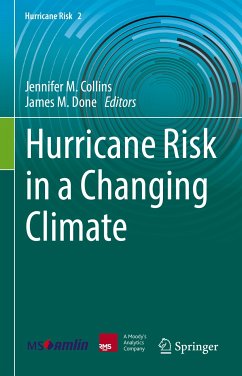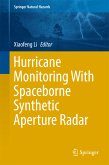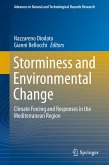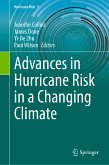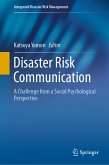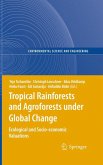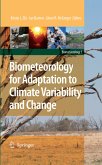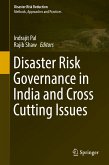How is a changing climate affecting hurricanes, and how are these changes intersecting with our changing exposure and vulnerability in ways that affect tropical cyclone risk? Crucially, how should this understanding be incorporated into risk management practice? This book takes a cross-sectoral look at how damaging tropical cyclone characteristics are changing and presents novel approaches to integrate science with risk assessment. In this new era of tropical cyclone impacts, understanding effective risk management practice in a changing climate is more important than ever.
This book details the outcomes of new research focusing on climate risk related to hurricanes in a changing climate. Topics include characteristics of tropical cyclone risk, perspectives on hurricane risk management strategies in the built environment, and implications for commercial risk. Inspired by the Symposium on Hurricane Risk in a Changing Climate, this book brings together leading international academics and researchers, and provides a source reference for both risk managers and climate scientists for research on the interface between tropical cyclones, climate, and risk.
8 chapters are available open access under a Creative Commons Attribution 4.0 International License via link.springer.com.
Dieser Download kann aus rechtlichen Gründen nur mit Rechnungsadresse in A, B, BG, CY, CZ, D, DK, EW, E, FIN, F, GR, HR, H, IRL, I, LT, L, LR, M, NL, PL, P, R, S, SLO, SK ausgeliefert werden.

